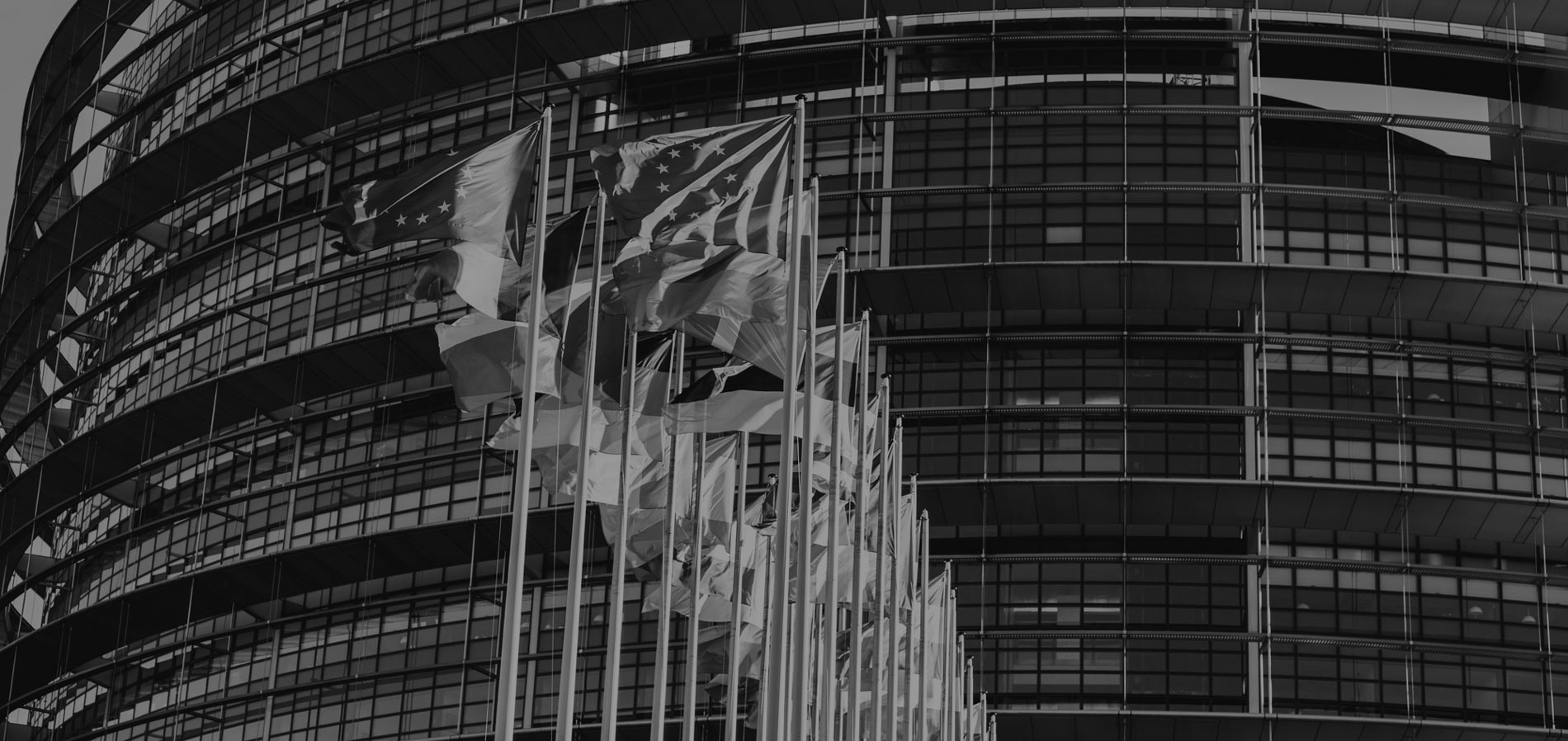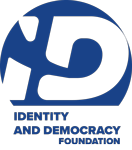Elections in Turkey – heavy defeat for Erdogan
The March 31 municipal elections were a severe setback for Turkish President Recep Tayyip Erdoğan. The man who had seemed invincible since his re-election in May 2023 saw his Justice and Development Party (AKP) lose not only in Istanbul and Ankara, already held by the opposition, but also in many other cities, including AKP strongholds in Anatolia.
A serious setback for the AKP
Since its creation in 2001, the AKP has dominated Turkish politics, imposing its Islamo-nationalist ideology combining expansionist Turkish nationalism nostalgic for the Ottoman Empire and Sunni Islam inspired by the Muslim Brotherhood. The presidential and parliamentary elections of 2023 were a triumph for Erdoğan’s party, despite the formation of a broad opposition coalition bringing together social democrats, liberals, secular nationalists and even Islamists opposed to the AKP. This alliance of oppositions did not survive its failure.
However, the situation appeared more complicated for Recep Tayyip Erdoğan on the eve of these elections. Economically, the country is in trouble, with high inflation leading to a rise in the cost of living and a consequent drop in purchasing power. Public finances are in a poor state, and corruption continues to plague the country. The terrible earthquake that devastated the country in 2023 showed the extent of corruption and its dramatic consequences for the country. Moreover, Turkey was one of the main supporters of the Syrian opposition during the civil war, welcoming several million Syrians. However, Syrian immigration is causing increasing problems of insecurity and worsening unemployment in the country, leading to rumblings in nationalist circles, despite their support for the AKP government. Finally, Turkey’s ambiguous stance on the Israeli-Palestinian conflict has not been understood by Erdoğan’s electoral base. A NATO member and enemy of Iran and its allies, Turkey is de facto an ally of Israel. The conflict between Azerbaijan and Armenia, in which Turkey and Israel are the main supporters of Azerbaijan while Iran supports Armenia, has strengthened the ties between the Hebrew state and the Turkish regime. At the same time, the Turkish people, and in particular Islamists and nationalists, support Palestine, and the AKP stems from the Muslim Brotherhood like the Palestinian Hamas. This puts the Turkish government in a complicated situation, between pro-Israeli diplomacy and pro-Palestinian rhetoric.
The triumph of the CHP
For the Republican People’s Party (CHP), these results are as much a spectacular triumph as a surprise. For the first time since 1977, it became the country’s leading party. With 37.77% of the vote against 35.49% for the AKP, it now governs the country’s five main cities and 35 of the 81 provincial capitals. The CHP is now establishing itself as the main opposition force to Erdoğan, all the more so as its ideology and project are poles apart from those of the AKP. The CHP was founded in 1919 by Mustafa Kemal Atatürk, father of the Republic of Turkey, and seeks to keep alive his vision of a secular Turkey turned towards Europe, precisely the legacy Erdoğan seeks to erase. Its program is a blend of social-democratic left and secular nationalism. Its president Özgür Özel is set to emerge in the coming years as a serious rival to the Turkish president.
The rout of the nationalists
The elections of 2023 had been a success for the nationalist right; those of 2023 were a disaster. The Nationalist Action Party (MHP), Erdoğan’s ultranationalist ally with links to the Grey Wolves terrorist group, collapsed to 4.99%. The Good Party (IYI), the anti-Erdoğan split from the MHP, which aspired to replace the CHP as the main opposition party, did even worse: 3.77%, leading to the resignation of its president and founder, Meral Akşener. This setback for nationalists, whether pro- or anti-Erdoğan, comes as a surprise, given that Turkish nationalism, even more than Sunni Islamism, appears to be the dominant ideology in contemporary Turkey. It is possible that part of the nationalist electorate preferred the CHP’s secular nationalist left-wing discourse to those of its right-wing rivals, which were certainly more radical, but more compromised with Islamism. On the other hand, the surprising score of the New Prosperity Party (YRP), an Islamist party formed from a split in the AKP’s radical wing, with 6.19% of the vote, shows that there is an Islamist electorate for whom Erdoğan’s Islamo-nationalist synthesis is not enough, and who criticize the Turkish president for not questioning the secular constitution of the Republic of Turkey, as well as his de-facto support for Israel.
The moment of truth for Erdoğan
Erdoğan had hoped to put in place a new constitution in the coming years to strengthen the hold of Islamism in society and, above all, to remain in power after the end of his mandate in 2028. This setback will force him to review his plans and consolidate his base before he can embark on his project. In addition to the need for major economic reforms, these elections have shown the limits of the AKP’s Islamo-nationalist synthesis. Whereas in the past it had made it possible to unite secular nationalism and Islamism behind the same project, it has at the same time provided space for the most radical elements of Turkish Islamism and the most secular elements of nationalism. The Turkish president will need to reach out to these electorates if he does not want to see his reign come to an abrupt end, and the re-Islamization of the country over the last two decades called into question by a return to power of the Kemalist CHP.
A threat to Europe
Unfortunately, it is to be feared that, as in the past, the Turkish president will use war and imperialism to appear as the champion of Turkish nationalism and distract the people from the failures of his domestic policy. The good score of the Peoples’ Equality and Democracy Party (DEM) in areas populated by Kurds, a minority representing 15% to 20% of the Turkish population and traversed by left-wing separatist movements, could push Erdoğan to make the fight against Kurdish nationalists a priority. This party brings together not only Turkey’s radical left, but also Kurdish nationalists. Among the main Turkish parties, it is the only one to reject Turkish nationalism in favor of a progressive, multicultural and multi-religious vision of Turkey. It is also the only party to recognize the genocide perpetrated against Turkey’s Christian minorities, including the Armenians, at the beginning of the 20th century. Clashes have broken out in the Kurdish municipalities won by the DWS, and the Turkish government is likely to prevent the elected mayors from taking their seats. At the same time, Turkey is stepping up its threats against Kurdish armed groups in northern Iraq and Syria. Turkey also occupies part of Syria with the support of Syrian Islamists opposed to President Bashar al Assad. If the conflict between Israel and Palestine continues, Turkey could be tempted to launch an attack against these regions, taking advantage of the fact that Iran and the Lebanese Hezbollah, the main supporters of Iraq and Syria, are busy backing the Palestinians. Similarly, Turkey could push Azerbaijan, whose regime is its main ally, to launch an offensive against Armenia, also backed by Iran. Turkey is also strengthening its influence in the Balkans, particularly in Bosnia and Kosovo, where tensions are rising and where Turkey benefits from the complacency of the United States, which fears Russophile Serbian nationalism. Finally, it should not be forgotten that Turkey supports armed Islamist groups in the Ukraine, mainly Tatar (a Turkic-speaking people originally from Crimea) and Chechen (a people from the Caucasus whose territory is part of Russia), in the hope of extending its influence over Muslims in Russia. Far from weakening him, it is to be feared that this defeat will only fan the flames of Turkish imperialism on Europe’s doorstep.






